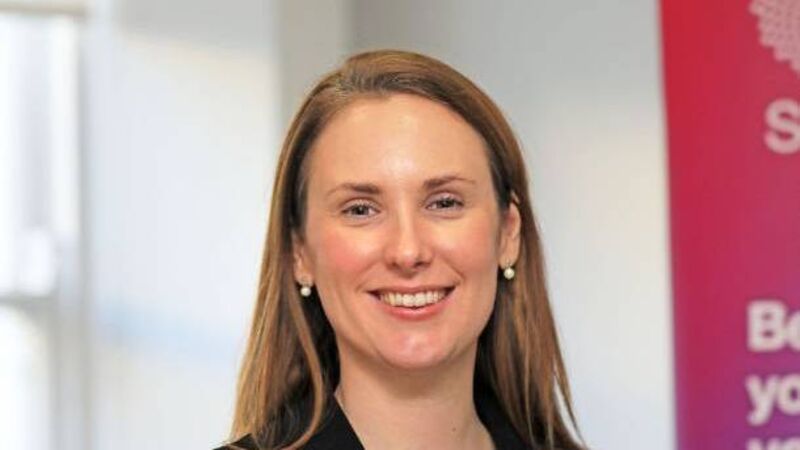Small Firms Association lobbied for delay to auto-enrolment pension scheme

SFA public affairs lead Elizabeth Bowen warned that small firms are not prepared for the scheme being legislated for in the Automatic Enrolment Retirement Savings System Bill. File picture: Ibec.ie














